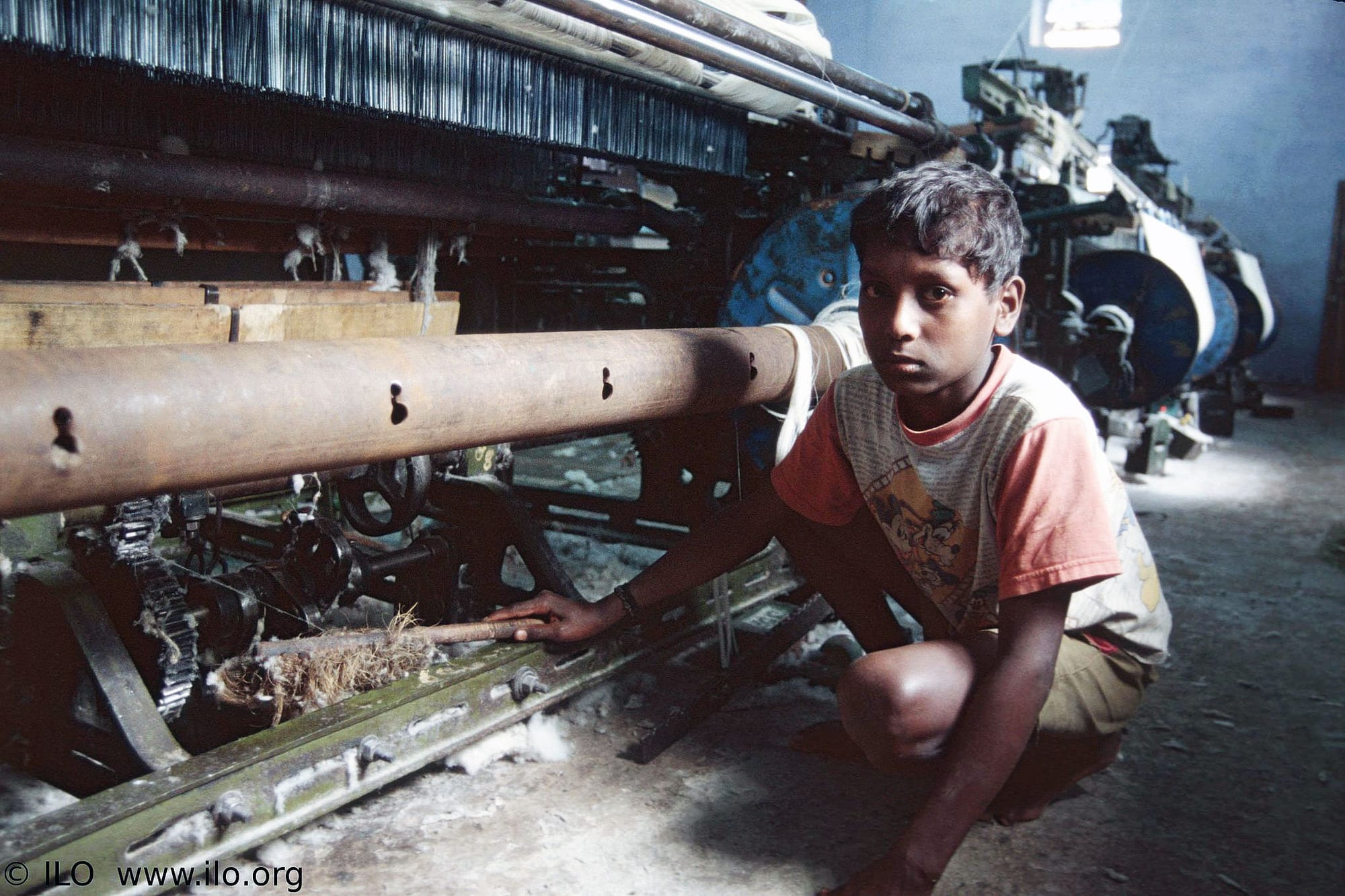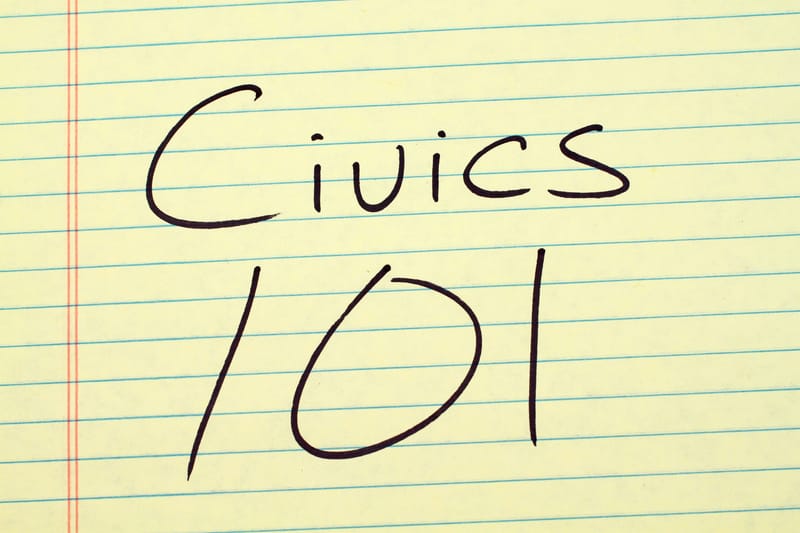
Slavery isn’t something relegated to the past. It’s happening today, and it’s happening under our noses. About 40.3 million people are currently in some form of modern slavery, such as children in sweatshops, debt bondage, forced marriage, sexual exploitation and human trafficking. So how do we hold people and states responsible?
Sometimes the answer isn’t as simple as criminalising these acts. In many cases it’s also a societal or family issue, which complicates the motivations for victims to report their situations. It begs the question: how do we stop the exploitation of people?





